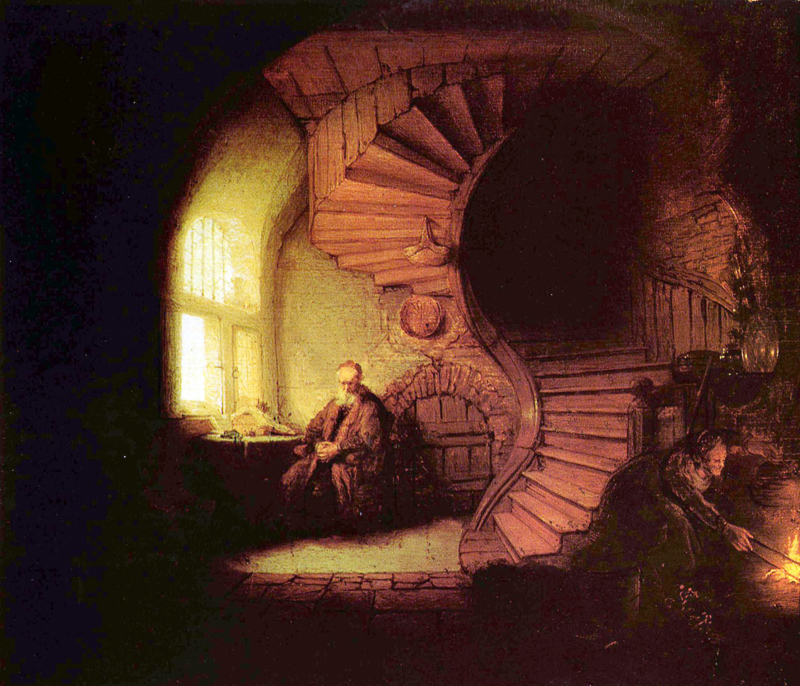CONJUGATION OF THE FRENCH VERB PHILOSOPHER
INDICATIF
TEMPS SIMPLES
Présent
je philosophe
tu philosophes
il/elle philosophe
nous philosophons
vous philosophez
ils/elles philosophent
Imparfait
je philosophais
tu philosophais
il/elle philosophait
nous philosophions
vous philosophiez
ils/elles philosophaient
Passé simple
je philosophai
tu philosophas
il/elle philosopha
nous philosophâmes
vous philosophâtes
ils/elles philosophèrent
Futur simple
je philosopherai
tu philosopheras
il/elle philosophera
nous philosopherons
vous philosopherez
ils/elles philosopheront
TEMPS COMPOSÉS
Passé composé
j'ai philosophé
tu as philosophé
il/elle a philosophé
nous avons philosophé
vous avez philosophé
ils/elles ont philosophé
Plus-que-parfait
j'avais philosophé
tu avais philosophé
il/elle avait philosophé
nous avions philosophé
vous aviez philosophé
ils/elles avaient philosophé
Passé antérieur
j'eus philosophé
tu eus philosophé
il/elle eut philosophé
nous eûmes philosophé
vous eûtes philosophé
ils/elles eurent philosophé
Futur antérieur
j'aurai philosophé
tu auras philosophé
il/elle aura philosophé
nous aurons philosophé
vous aurez philosophé
ils/elles auront philosophé
SUBJONCTIF
TEMPS SIMPLES
Présent
que je philosophe
que tu philosophes
qu'il/elle philosophe
que nous philosophions
que vous philosophiez
qu'ils/elles philosophent
Imparfait
que je philosophasse
que tu philosophasses
qu'il/elle philosophât
que nous philosophassions
que vous philosophassiez
qu'ils/elles philosophassent
TEMPS COMPOSÉS
Passé
que j'aie philosophé
que tu aies philosophé
qu'il/elle ait philosophé
que nous ayons philosophé
que vous ayez philosophé
qu'ils/elles aient philosophé
Plus-que-parfait
que j'eusse philosophé
que tu eusses philosophé
qu'il/elle eût philosophé
que nous eussions philosophé
que vous eussiez philosophé
qu'ils/elles eussent philosophé
CONDITIONNEL
TEMPS SIMPLES
Présent
je philosopherais
tu philosopherais
il/elle philosopherait
nous philosopherions
vous philosopheriez
ils/elles philosopheraient
TEMPS COMPOSÉS
Passé (1ère forme)
j'aurais philosophé
tu aurais philosophé
il/elle aurait philosophé
nous aurions philosophé
vous auriez philosophé
ils/elles auraient philosophé
Passé (2ème forme)
j'eusse philosophé
tu eusses philosophé
il/elle eût philosophé
nous eussions philosophé
vous eussiez philosophé
ils/elles eussent philosophé
IMPÉRATIF
TEMPS SIMPLES
